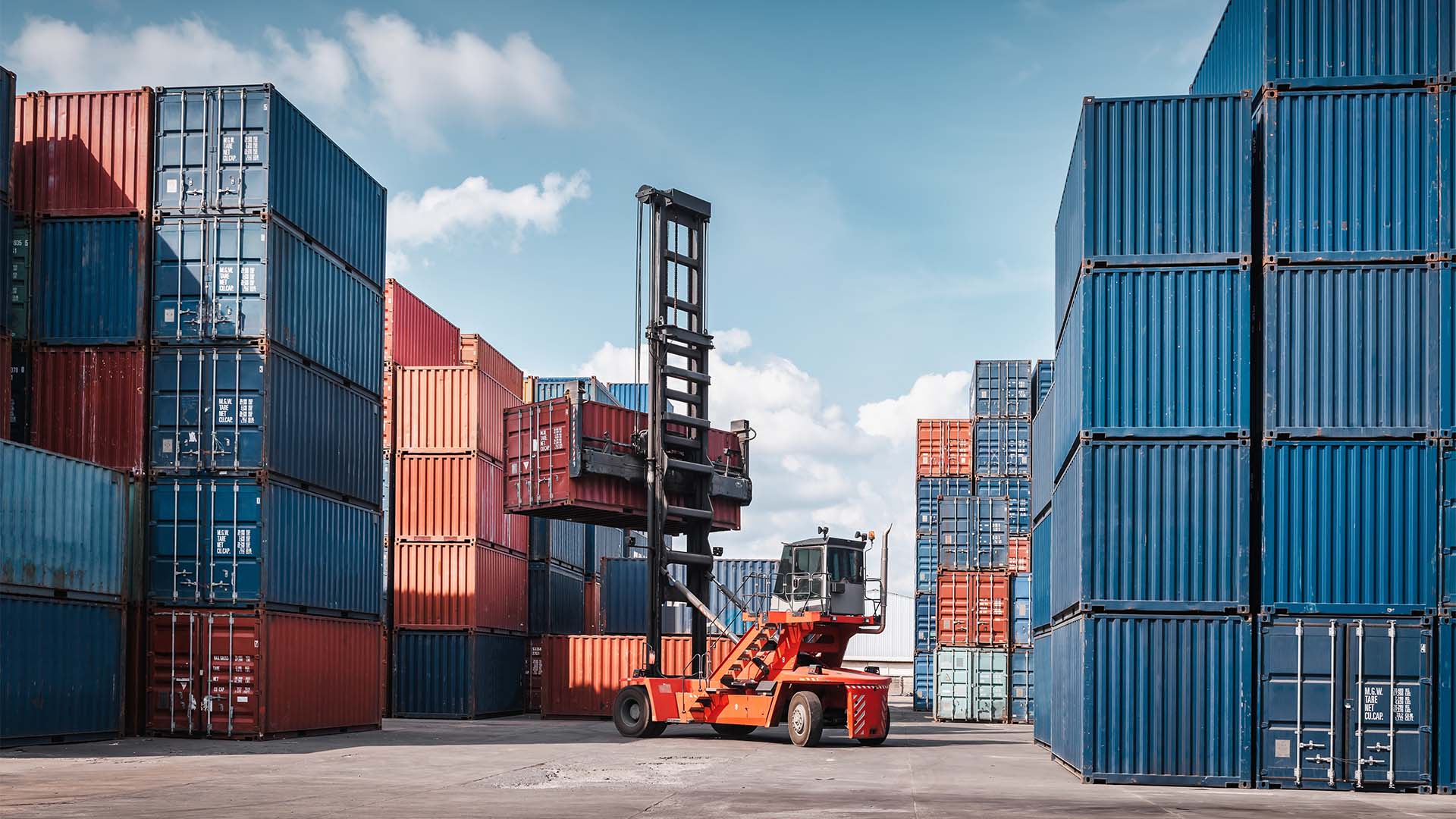With effect from Year of Assessment (YA) 2024, an alternative basis of tax will be available under the Maritime Sector Incentive (MSI)-Shipping Enterprise (Singapore Registry of Ships), MSI-Approved International Shipping Enterprise, and MSI-Maritime Leasing (Ship) schemes (collectively referred to as the MSI schemes) where the qualifying income of qualifying shipping entities is taxed by reference to the net tonnage of their ships. The existing tax treatment under the MSI schemes will continue to apply to MSI entities that are not under this alternative taxation basis.
Although the details on the taxation basis are not available, we expect that the net tonnage basis of tax will emulate the tonnage tax regimes applied by many foreign jurisdictions which impose relatively lighter requirements on economic commitments such as headcount and local business spending. Existing MSI entities would otherwise have little reason to opt for this alternative basis over the tax exemption they currently enjoy. In any case, it is a relief that this net tonnage basis of tax does not replace the exemptions available under the MSI schemes and is an enhancement to ensure Singapore maintains a comprehensive incentive regime for its international shipping community and preserves its status as an international maritime hub.
Ship owners/operators will be keen to understand what this alternative net tonnage basis of tax would entail, for example, whether it would be modeled after the Dutch or Greek model, both of which are widely adopted by many maritime jurisdictions. The Dutch model seeks to calculate taxable profits using a deemed daily profit assigned to each tonnage size group, and applying the prevailing tax rate; whereas the Greek model applies a more complicated calculation to also take into account the age of the vessel.
It would also be interesting to see what the qualifying conditions and scope for this alternative net tonnage basis of tax would be, for example, whether there is local flagging requirement, whether it covers both owned and chartered-in vessels, if there are lock-in or lock-out periods, etc. Ship owners/operators are likely to expect that the qualifying conditions for the alternative net tonnage basis of tax should be less onerous than that of existing MSI schemes.
While this alternative net tonnage basis of tax is a form of enhancement of Singapore’s maritime incentive regime, it could create more complexity, for example, how certain tax attributes will be treated when transitioning from the MSI schemes to this alternative net tonnage basis of taxation, or vice versa, and also its interaction with Singapore’s adoption of a Pillar Two top-up tax regime.
From a timing standpoint, the relevant authorities will announce details by the third quarter of 2024. This may not provide ship owners/operators with sufficient lead time to consider and make a decision on whether to elect for the alternative basis of tax by the YA 2024 tax return filing due date of 30 November 2024.
Contact us
Irene Tai







